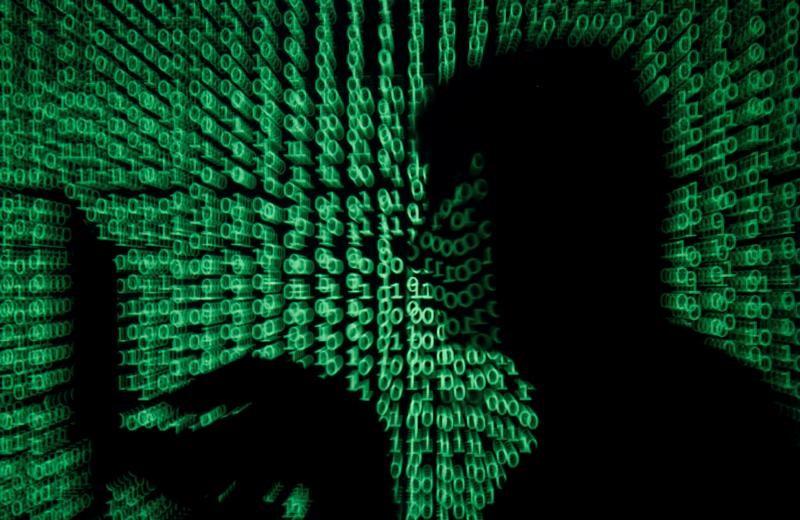
-
House investigators concluded that Democratic IT aides made unauthorized access to congressional servers in 2016, allegedly accessing the data of members for whom they did not work, logging in as members of Congress themselves, and covering their tracks, according to a presentation summarizing the findings of a four-month internal probe.





